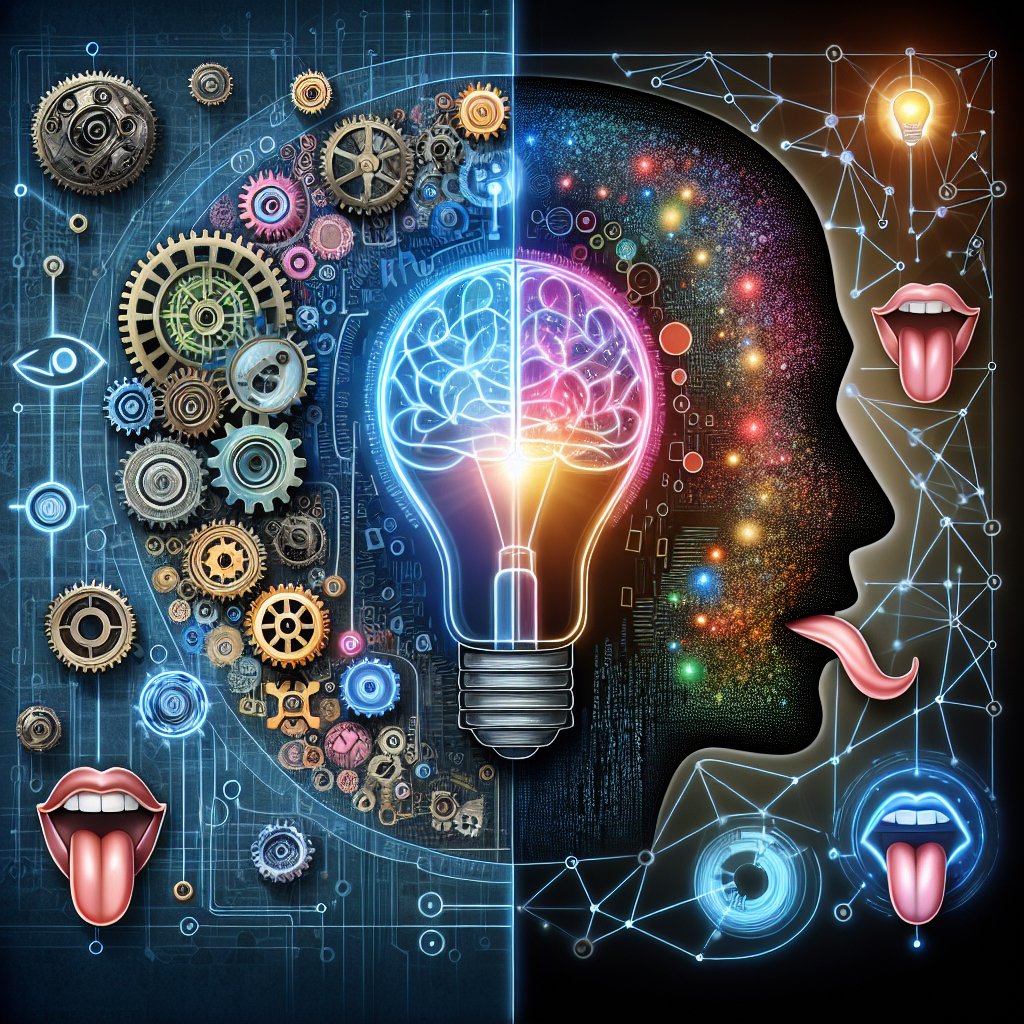Artificial Intelligence (AI) and Machine Learning (ML) are two popular technologies that have been making waves in the world of technology. Both AI and ML have the ability to process and understand natural language, but which technology is more effective at Natural Language Processing (NLP)? In this article, we will explore the differences between AI and ML in NLP and determine which technology is more effective.
AI vs ML in NLP
AI and ML are often used interchangeably, but they are actually two distinct technologies. AI is a broader field that encompasses various technologies that enable machines to perform tasks that typically require human intelligence, such as speech recognition, decision-making, and problem-solving. ML, on the other hand, is a subset of AI that focuses on developing algorithms that allow machines to learn from data and improve their performance over time.
In the context of NLP, both AI and ML play a crucial role in enabling machines to understand and process human language. AI-powered NLP systems are designed to analyze and interpret human language in a way that is meaningful and useful. These systems can perform tasks such as speech recognition, text analysis, sentiment analysis, and language translation.
ML algorithms, on the other hand, are used to train NLP systems to recognize patterns and make predictions based on data. By feeding large amounts of training data into ML algorithms, NLP systems can learn to understand and interpret human language more accurately.
Which Technology is More Effective at NLP?
When it comes to NLP, both AI and ML have their strengths and weaknesses. AI-powered NLP systems are designed to handle a wide range of tasks and are often more versatile than ML algorithms. These systems can be trained to recognize and interpret different languages, dialects, accents, and speech patterns, making them ideal for applications that require a high degree of flexibility and adaptability.
On the other hand, ML algorithms are more specialized and are typically designed to perform specific tasks within NLP, such as sentiment analysis or language translation. While ML algorithms may not be as versatile as AI-powered NLP systems, they are often more accurate and reliable in performing these specific tasks.
In general, AI-powered NLP systems are better suited for applications that require a high level of flexibility and adaptability, such as chatbots, virtual assistants, and voice recognition systems. ML algorithms, on the other hand, are more effective at performing specific tasks within NLP, such as sentiment analysis, language translation, and speech recognition.
FAQs
Q: What is the difference between AI and ML in NLP?
A: AI is a broader field that encompasses various technologies that enable machines to perform tasks that typically require human intelligence, while ML is a subset of AI that focuses on developing algorithms that allow machines to learn from data and improve their performance over time.
Q: Which technology is more effective at NLP?
A: Both AI and ML have their strengths and weaknesses in NLP. AI-powered NLP systems are more versatile and adaptable, while ML algorithms are more accurate and specialized.
Q: What are some common applications of AI and ML in NLP?
A: Common applications of AI and ML in NLP include chatbots, virtual assistants, sentiment analysis, language translation, and speech recognition.
Q: How can businesses benefit from AI and ML in NLP?
A: Businesses can benefit from AI and ML in NLP by improving customer service, automating repetitive tasks, analyzing customer feedback, and gaining insights from unstructured data.
In conclusion, both AI and ML have their strengths and weaknesses when it comes to NLP. While AI-powered NLP systems are more versatile and adaptable, ML algorithms are more accurate and specialized. Ultimately, the effectiveness of each technology will depend on the specific requirements of the NLP application. By understanding the differences between AI and ML in NLP, businesses can determine which technology is best suited for their needs and leverage the power of artificial intelligence to enhance their NLP capabilities.

